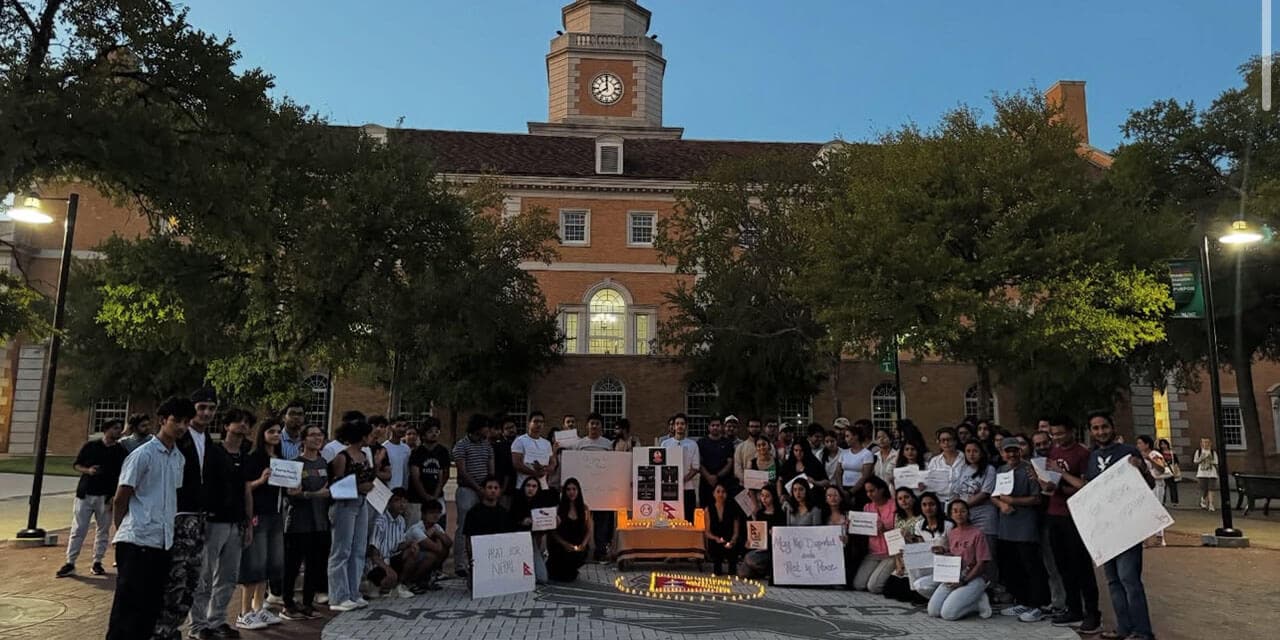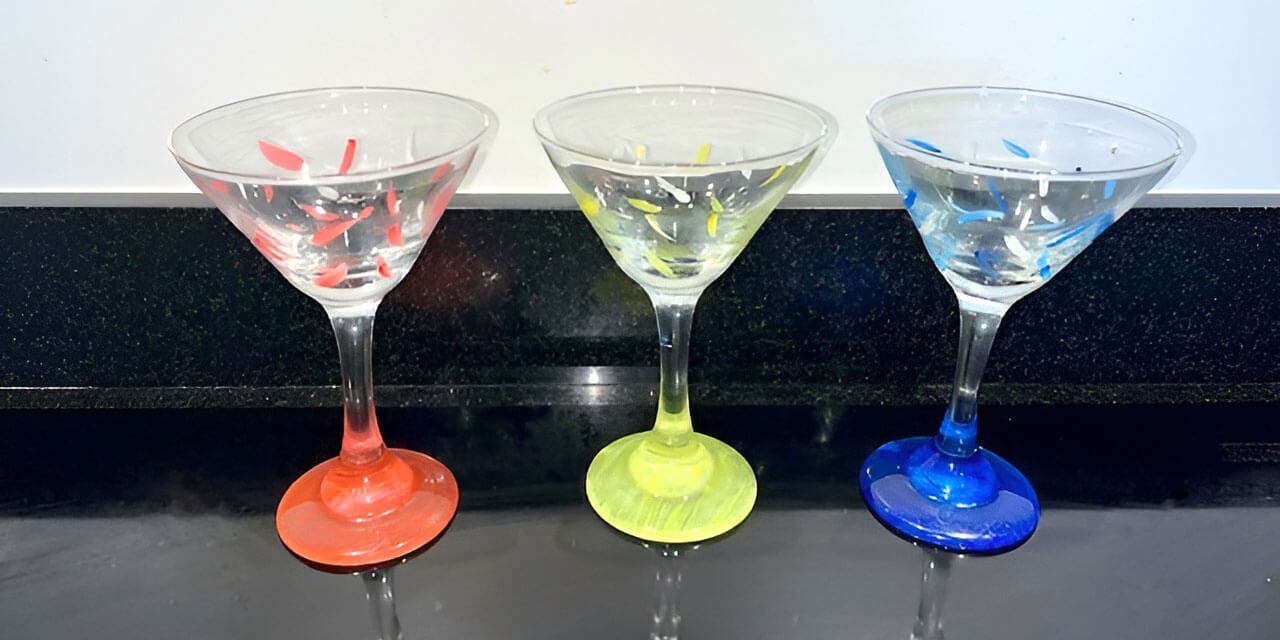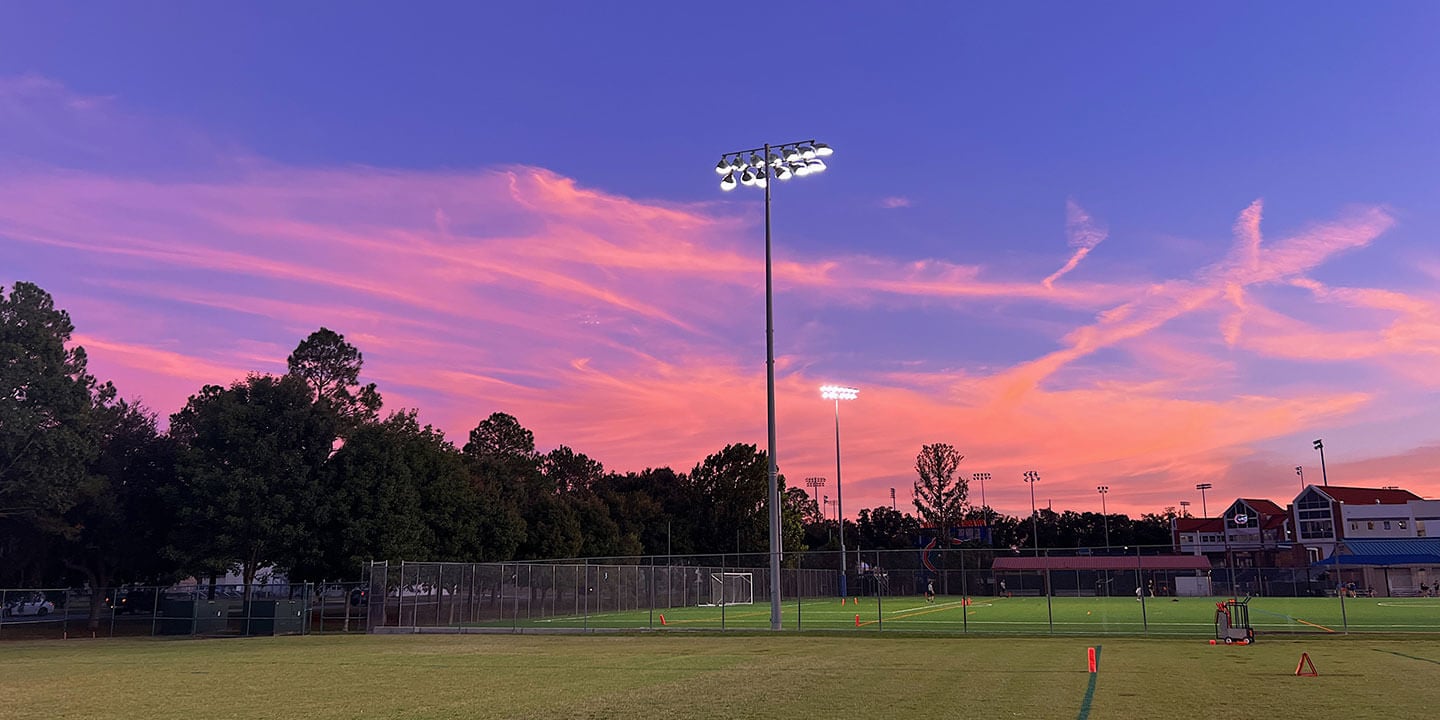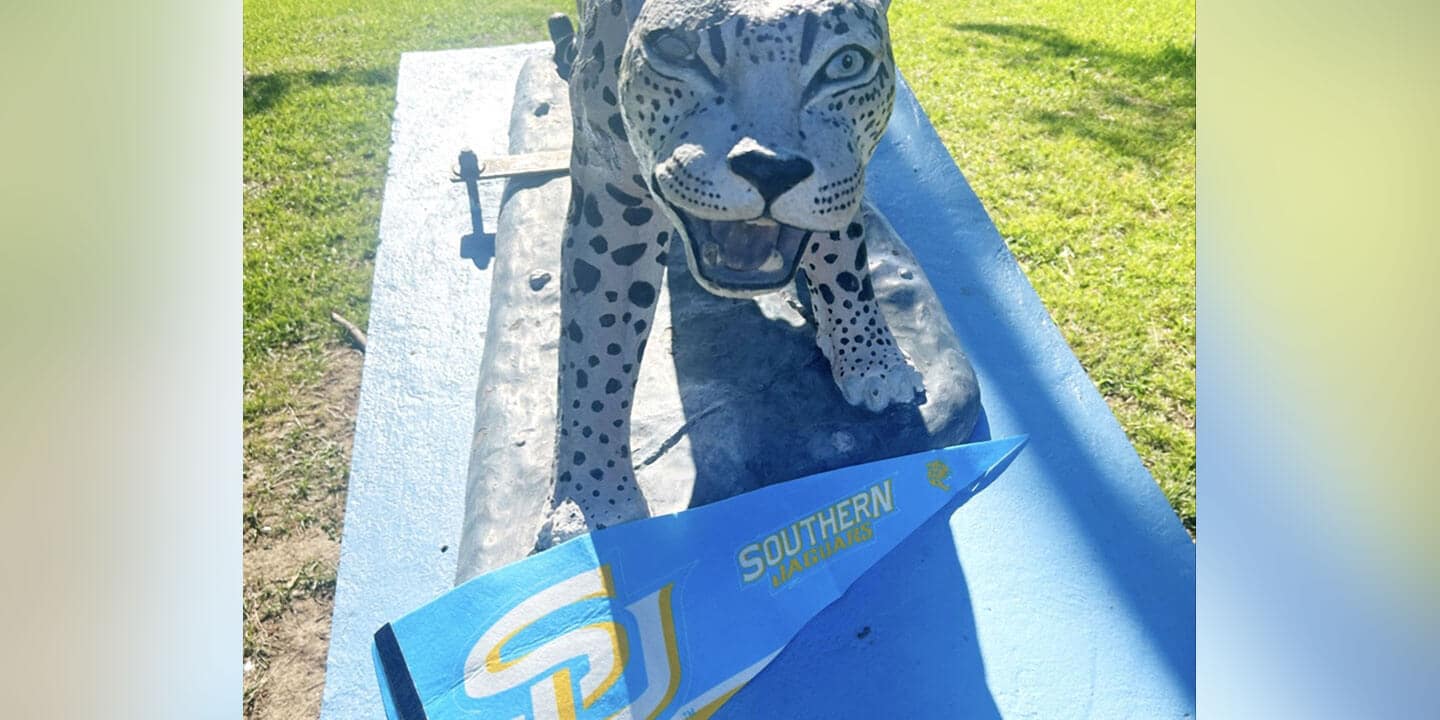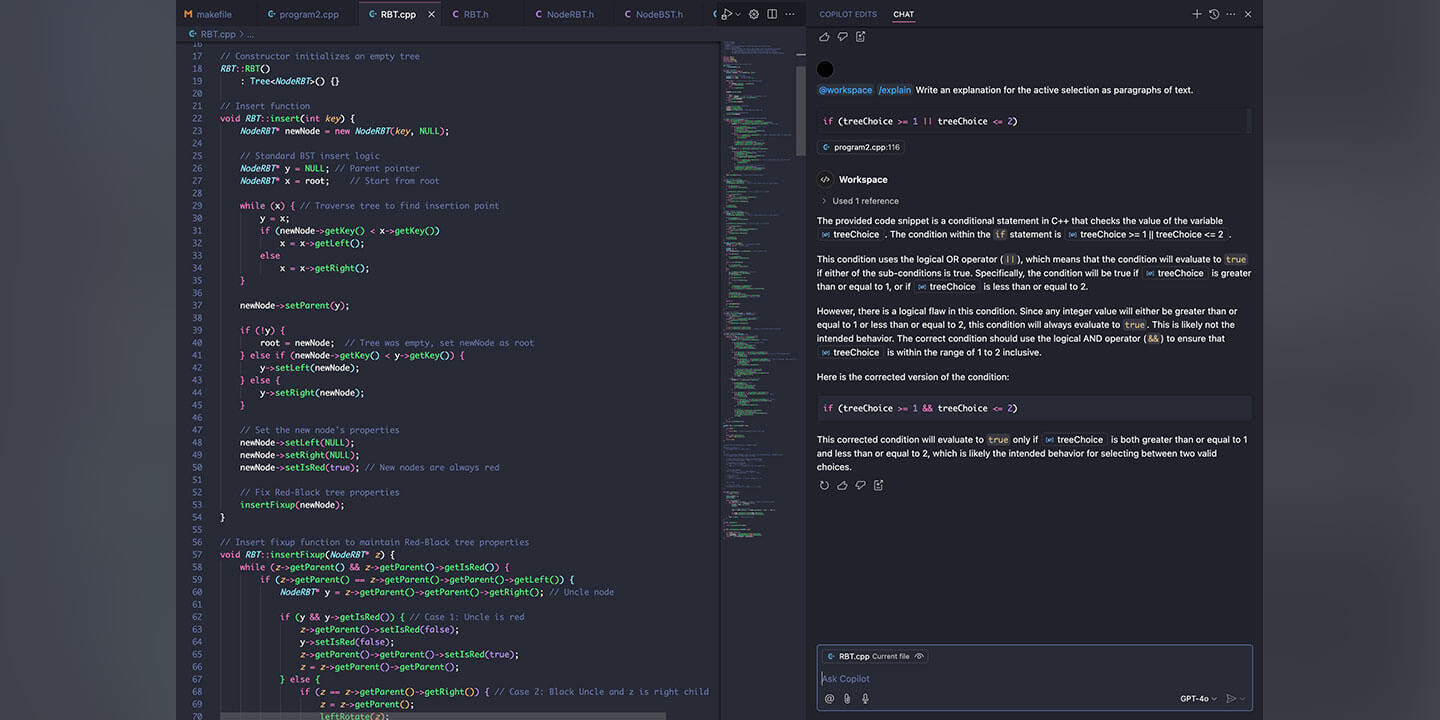
Applying AI in a Beneficial Way to Your Education
Education is a vital resource for our technical and social interaction with the communities around us. As technology progresses, K-12 and Higher Education find themselves at the behest of new tools and avenues of learning in our contemporary world. Computers, calculators, and mobile devices drastically changed how we learn in the classroom. What used to be bound to a physical location has become available 24/7 through digital technologies. The internet gave us easy, quick access to the expanse of human knowledge at the click of a button. Now, there is a new digital tool sweeping across the world, useful in every point of life: generative AI.
Having become popular in the past couple of years, generative AI chatbots specifically have taken over the news with their dramatic changes to industries, everyday life, and the classroom. A controversial topic as well by the way it learns and the validity of its output, this new technology has yet again flipped the table concerning certain practices and learning objectives. Within the classroom, generative AIs like Chat GPT, Perplexity, and Claude have found themselves to be useful tools for completing assignments and education. By simply asking the AI chatbot, you are given an answer based on the information bestowed. This technology, however, has also been used for academically dishonest tasks. That doesn’t mean that this new tool is immediately the worst product to come out. Like a calculator, AI is a tool, and like every tool, you use it to better your work. If you rely on it too heavily, you will get nowhere in the end.
Taking computer science classes in AI allows me to expand my programs beyond an assignment’s basic requirements. With AI, I have been able to understand more deeply the complex concepts I apply to my code, making me a more well-rounded computer scientist and computer programmer. However, when I used this tool, I didn’t ask the chatbot how to do the assignment. If I ran into issues I couldn’t solve or questions I would like to learn more about, I fed information to the AI detailing. In response, you can get not only an answer but detailed feedback that leads up to that answer and possible information beyond.
Now, this isn’t entirely a computer science tool. As a writing assistant, chatbot AI models can assist with small tasks in your writing. By utilizing the chatbot as a tool and a reference, we can come to understand the interaction as a conversation; you want to balance out the back and forth to not be so one-sided. The more one-sided it becomes, the more you might not find what you want from that AI. Or you might find you’ve taken too much and are coming up with something you do not understand.
An amazing contemporary technology, generative AI has completely changed the different stages of the world. Like a tool, it is good to start using it early. By understanding AI, you can further develop your skills and become more productive in whatever facet of your life you are working on, remembering that you work alongside it, not for it.
Do you have a compelling story or student success tips you’d like to see published on the Pearson Students blog? If you are a college student and interested in writing for us – click here to pitch your idea and get started!

